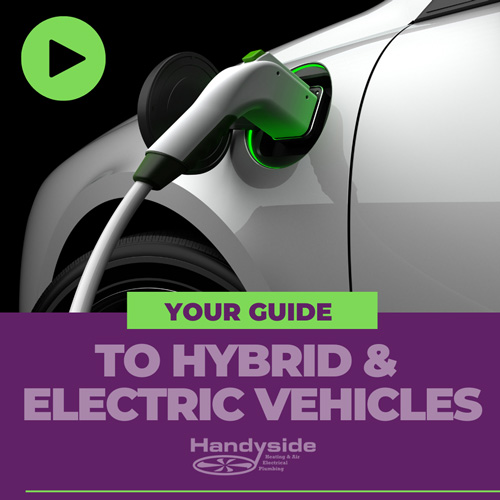Are you torn between the decision to choose a hybrid or electric vehicle (EV)? Making the choice can be stressful, especially when considering charging infrastructure. Let’s break down the essentials to help you make an informed decision.
Understanding Your Options: Hybrid vs. Electric
Hybrid vehicles combine traditional gasoline engines with electric propulsion, offering familiarity and convenience, whereas electric vehicles run solely on electricity, emitting zero tailpipe emissions and promising lower operating costs in the long run.
Safety First: Navigating Charging Station Safety
For EV vehicles, not all charging stations are created equal when it comes to safety. It’s important to opt for creditable brands known for their quality and adherence to safety standards. Look for certifications like UL listing or CSA Group certification, indicating compliance with rigorous safety protocols. Additionally, consider the charging infrastructure provider’s reputation and track record for reliability and safety. A hybrid vehicle isn’t designed for plug-in charging; instead, it relies on regenerative braking and the internal combustion engine to recharge the battery.
Maintenance Matters: Ensuring Long-Term Reliability
Both hybrids and EVs require maintenance, but the frequency and nature differ. Hybrids undergo routine maintenance similar to traditional vehicles, including oil changes and brake inspections. EVs have fewer moving parts, reducing maintenance needs. However, regular checks on the battery system and electrical components are crucial.

Crunching the Numbers: Assessing Costs
When it comes to upfront costs, hybrids tend to be more affordable compared to EVs. However, EVs boast lower operating costs over time. Consider not only the sticker price but also factors like fuel savings, tax incentives, and potential resale value. Additionally, factor in the cost of installing a home charging station for EVs, which varies depending on your location and electrical setup.
Installation Costs: Budgeting Wisely
Residential chargers for EV vehicles can range from $500 to $1,000, with installation adding another $700 to $1,500. Commercial stations cost more due to power requirements and infrastructure needs. It is smart to get quotes from multiple installers.
Team Handyside specializes in providing top-notch residential EV charging solutions. We understand the importance of having a reliable EV charger at your home and are here to make that a reality. We’ll work with your home’s electrical system and ensure it can fully support an EV charging station without overloading your electrical panel. We’ll find an EV charger that fits within your system’s capabilities and get the installation process started so you can enjoy your fully-charged electric vehicle right away.
In conclusion, the choice between a hybrid and an EV comes down to your lifestyle, preferences, and priorities. Consider factors like driving range, charging infrastructure in your area, and financial implications.
![Hybrid or EV: Which Is Right for You? Are you torn between the decision to choose a hybrid or electric vehicle (EV)? Making the choice can be stressful, especially when considering charging infrastructure. Let’s break down the essentials to help you make an informed decision. Understanding Your Options: Hybrid vs. Electric Hybrid vehicles combine traditional gasoline engines with electric propulsion, offering familiarity and […]](https://handysideinc.com/wp-content/uploads/2024/04/Handyside-Hybrid-or-EV-750x420.jpg)





